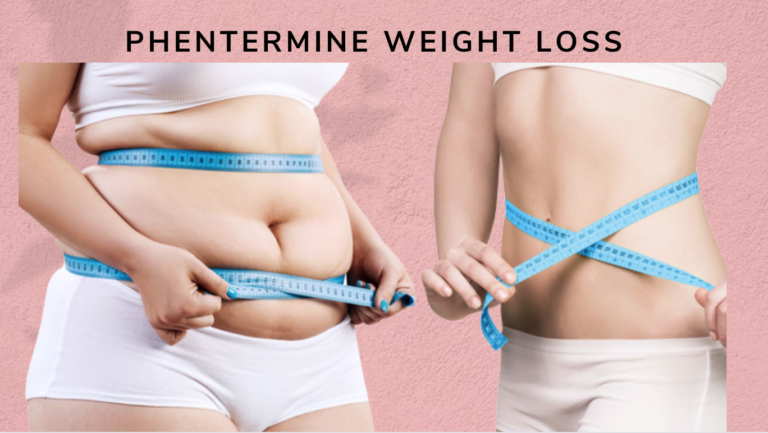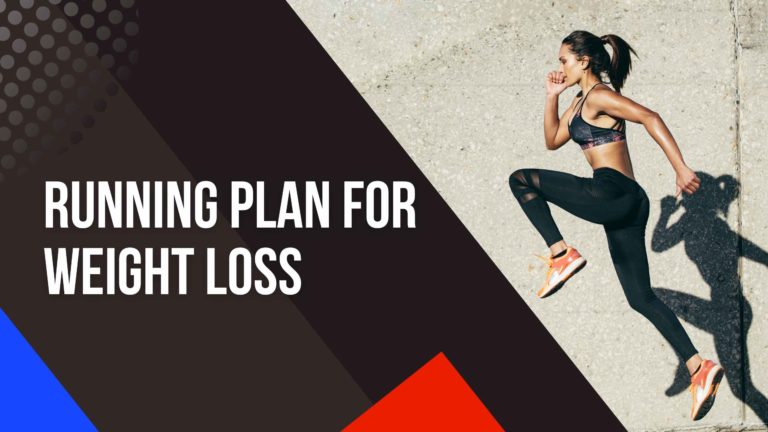Does Breastfeeding Help You Lose Weight – Let’s Uncover
The miracle of motherhood comes with many joys and challenges, one of which is reclaiming your pre-pregnancy body. But what if the solution to shedding those extra pounds lies in the natural act of breastfeeding itself? ‘Does Breastfeeding Help You Lose Weight?’ is a question on the lips of many new mothers, eager for answers amidst an ocean of postpartum advice.
This article dives into scientific evidence and personal anecdotes to determine whether this age-old practice can be a secret weapon in your weight loss journey. Welcome to a deep exploration that intertwines nurturing newborn life with personal wellness after childbirth. Will you find weight loss waiting at the end of every feed? Let’s embark on this fascinating journey together, uncovering truths and debunking myths about breastfeeding and weight loss.
Understanding Breastfeeding and Weight Loss
Embarking on a weight loss journey post-partum can seem daunting, but did you know breastfeeding can be a significant ally in this endeavor? When you breastfeed, your infant nourishes them and helps you shed extra pounds gained during pregnancy. You may marvel at how nature has ingeniously designed the breastfeeding process, turning it into a weight-loss mechanism rewarding both mother and child.
Breastfeeding utilizes calories collected during pregnancy to foster milk production – 300-500 calories daily! Simultaneously fueling baby’s growth and aiding mom’s weight loss: two birds with one stone. Further studies suggest that mothers who primarily breastfeed tend to achieve their pre-pregnancy weight faster. However, remember that healthy diet choices and regular physical activity still play pivotal roles in achieving optimal results. Breastfeeding is not exclusively a ticket to rapid weight loss – rather, it complements other efforts and catalyzes the overall process.
Calories Burned During Breastfeeding
The alluring world of motherhood is not just about nurturing a new life. Still, it’s also a stage packed with many magical and physiological wonders, one being the calorie-burning phenomenon during breastfeeding. On average, women may burn between 300 to 500 extra calories daily while nursing their little ones – an equivalent to a strenuous hour-long gym workout!
Viewed from another perspective, breastfeeding is the body’s natural way of getting back into pre-pregnancy shape. The ‘power-nursing’ aligns with the law of thermodynamics – the energy not stored (as body fat) is released (burned). While more comprehensive research into this fascinating facet of motherhood is needed, we know that every drop of breast milk counts significantly towards your baby’s health and potentially your waistline too!
Factors Affecting Weight Loss during Breastfeeding
Weight loss during breastfeeding is influenced by various factors that should be considered for the well-being of both the mother and the baby. Here are five key factors:
Nutrient Intake:
A breastfeeding mother requires additional nutrients to support lactation while maintaining her health. Inadequate nutrient intake can hinder weight loss as the body tends to hold onto fat reserves to ensure a stable milk supply. A balanced diet of essential nutrients is crucial for weight loss and optimal breastfeeding.
Caloric Expenditure:
Breastfeeding itself burns calories, aiding in weight loss. The frequency and duration of breastfeeding sessions play a role in calorie expenditure. Mothers who breastfeed more frequently or for longer durations may experience more significant weight loss.
Hormonal Changes:
Hormonal fluctuations during breastfeeding can affect weight loss. Prolactin, a hormone responsible for milk production, can stimulate appetite, leading to increased calorie consumption. Balancing this with a healthy diet is essential for effective weight management.
Postpartum Exercise:
Incorporating regular physical activity into a postpartum routine can contribute to weight loss. Exercise helps burn calories, improves metabolism, and enhances overall well-being. However, starting gradually and choosing safe exercises for postpartum recovery is crucial.
Hydration:
Staying adequately hydrated is essential for breastfeeding and weight loss. Water supports milk production and helps control appetite. Dehydration can lead to water retention, making weight loss more challenging.
Balancing Nutrition While Breastfeeding for Weight Loss
Maintaining a healthy and balanced diet is crucial for breastfeeding mothers aiming to lose weight while ensuring they provide optimal nutrition for their infants. Here are five strategies to balance nutrition while breastfeeding for weight loss:
Caloric Intake:
Rather than resorting to drastic calorie restriction, focus on a moderate calorie reduction. Aim for a gradual weight loss of about 1-2 pounds per week, considered safe during lactation. Consuming too few calories can compromise both milk supply and nutritional quality.
Nutrient-rich foods:
Prioritize nutrient-dense foods to meet your nutritional needs and your baby’s. Include a variety of fruits, vegetables, whole grains, lean proteins, and healthy fats in your diet. This ensures a well-rounded intake of vitamins, minerals, and other essential nutrients.
Hydration:
Adequate water intake is vital for milk production and can support weight loss. Drinking water before meals may also help control appetite. Aim for at least eight 8-ounce glasses of water daily, adjusting based on individual needs and activity levels.
Balanced Macronutrients:
Include a balance of carbohydrates, proteins, and fats in each meal. Carbohydrates provide energy, proteins support muscle repair and growth, and healthy fats contribute to overall well-being. This balance helps control hunger and maintains stable blood sugar levels.
Snack Smartly:
Opt for healthy snacks to curb hunger between meals. Nutritious snacks can include fruits, yogurt, nuts, or whole-grain crackers. Avoid empty-calorie snacks high in sugar or refined carbohydrates. Planning snacks alongside your main meals can help prevent overeating during those times.
Final Thoughts
In conclusion, breastfeeding can play a significant role in postpartum weight loss. It provides the best nutrition for your newborn and utilizes calories to produce milk, helping mothers shed the extra pounds gained during pregnancy. However, it’s essential to remember that every woman’s body responds differently, and breastfeeding should not be considered a guaranteed or sole solution for weight loss. A balanced diet and regular exercise are necessary for overall health and wellness. So, let’s embrace breastfeeding for its myriad health benefits to both mother and baby rather than solely a weight-loss strategy.
FAQs
Q: Are there any risks associated with losing too much weight while breastfeeding?
A: Rapid or excessive weight loss can reduce your milk supply, so it’s essential not to lose more than a pound per week when nursing.
Q: Will the rate of losing weight via breastfeeding decrease over time?
A: The calorie-burning effect of breastfeeding might diminish as the baby starts eating solid foods and requires less breast milk.







